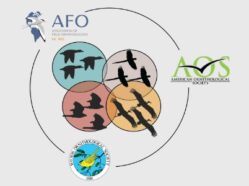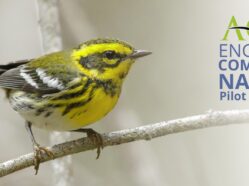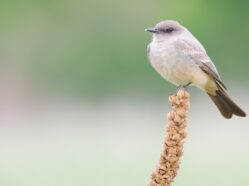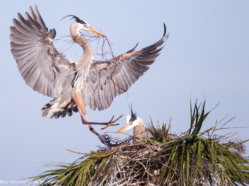Call for new members for the AOS Diversity & Inclusion Committee
The AOS Diversity & Inclusion (D&I) Committee seeks to add up to six new members starting in January 2025. The D&I Committee is engaged in efforts to continually improve diversity and inclusion within AOS and ornithology.





